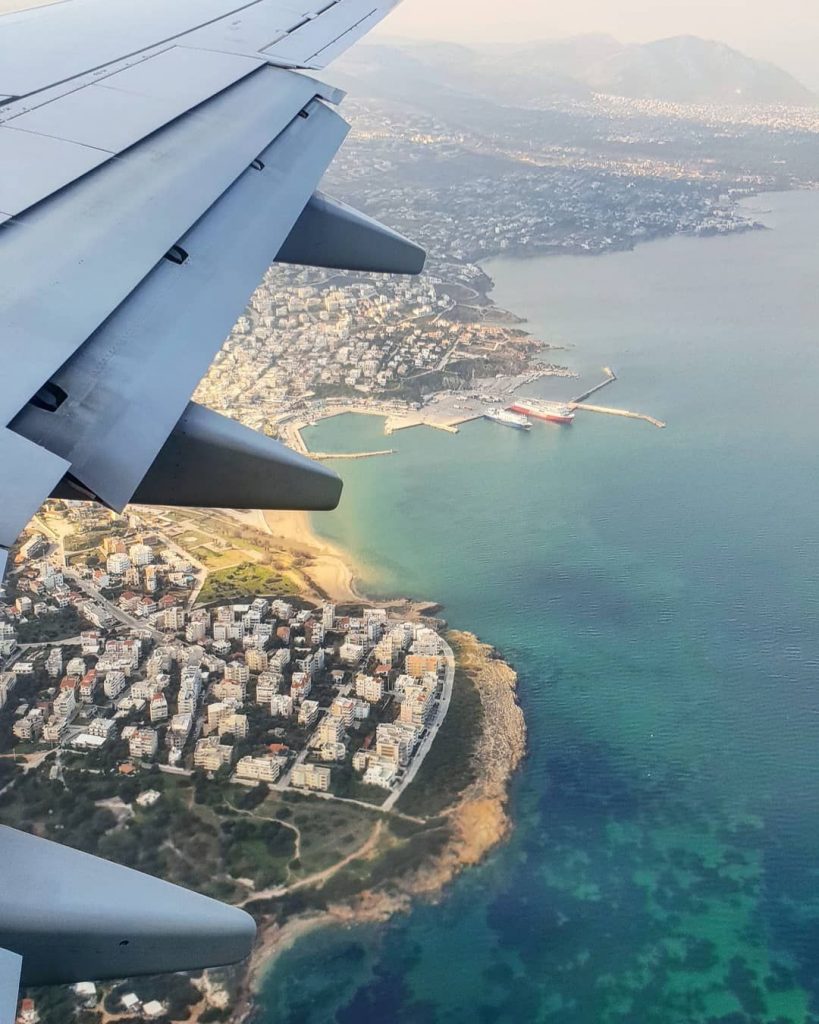Greece is a beautiful country with a rich history, stunning landscapes, and delicious food. Whether you are planning to explore ancient ruins, relax on gorgeous beaches, or enjoy vibrant city life, Greece offers something for everyone. If you are a first-time visitor, this guide will help you make the most of your trip. From essential travel tips to understanding local customs, here is everything you need to know before you go.
1. Understanding Greece
Greece is located in southeastern Europe and is known for its diverse geography. The country has mainland areas, islands, and beautiful coastlines. The most famous Greek islands include Santorini, Mykonos, and Crete, but there are many more to explore.
2. Best Time To Visit
The best time to visit Greece depends on what you want to experience. For warm weather and beach time, the best months are May through September. If you prefer cooler temperatures and fewer crowds, consider traveling in the shoulder seasons of April or October.
3. Getting Around
Transportation: Greece has various transportation options. You can use buses, trains, ferries, or even rent a car. In cities like Athens and Thessaloniki, public transportation is efficient, and taxis are readily available. For island-hopping, ferries are a popular choice.
Driving Tips: If you plan to rent a car, remember that Greece uses right-hand traffic. Be cautious on winding roads and always follow local driving laws. Parking can be challenging in busy areas, so look for designated parking spots.
4. Essential Travel Documents
Before you travel, make sure you have all the necessary documents:
- Passport: Ensure your passport is valid for at least six months beyond your planned stay.
- Visa: Check if you need a visa to enter Greece. Many nationalities can enter Greece visa-free for short stays.
- Travel Insurance: It is a good idea to have travel insurance that covers health, accidents, and lost belongings.
5. Money Matters
Currency: The currency used in Greece is the Euro (€). You can exchange money at banks, exchange offices, or withdraw cash from ATMs. Credit and debit cards are widely accepted, but having some cash on hand is useful for smaller establishments and markets.
Tipping: Tipping is not mandatory in Greece, but it is appreciated. In restaurants, rounding up the bill or leaving a 5-10% tip is customary.
6. Language
The official language in Greece is Greek. While many people in tourist areas speak English, learning a few basic Greek phrases can enhance your experience and help you interact with locals.
7. Cultural Etiquette
Respect for Traditions: Greeks are proud of their culture and traditions. Respect local customs, especially when visiting churches or monasteries. Dress modestly and avoid loud behavior in religious sites.
Dining Etiquette: Greek meals are often social events. It is polite to wait for everyone to be served before starting your meal. If you are invited to a Greek home, bringing a small gift like wine or flowers is a nice gesture.
8. Food And Drink
Greek cuisine is renowned for its flavors and freshness. Do not miss trying:
- Gyro and Souvlaki: Popular street foods made from grilled meat, often served with pita bread and vegetables.
- Moussaka: A layered dish made with eggplant, minced meat, and béchamel sauce.
- Baklava: A sweet pastry made from layers of filo dough, nuts, and honey.
- Greek Salad: A refreshing mix of tomatoes, cucumbers, olives, and feta cheese.
Drinks: Greece is also famous for its beverages. Try ouzo, a traditional anise-flavored liquor, and enjoy local wines from various regions.
9. Health And Safety
Health: Greece is generally a safe country with good healthcare facilities. However, it is wise to have travel insurance that includes health coverage. Tap water is safe to drink in most places, but if you are unsure, opt for bottled water.
Safety: Greece is a safe destination, but like any travel location, it is important to stay vigilant. Keep an eye on your belongings, especially in crowded areas, and be cautious of pickpockets.
10. Connectivity: Using eSIM In Greece
Staying connected while traveling is essential, and one way to ensure you have reliable internet access is by using a Greece eSIM card. An eSIM, or embedded SIM, is a digital SIM card that allows you to connect to a local network without needing a physical SIM card.
Benefits Of Using An eSIM In Greece:
- Convenience: With an eSIM, you do not need to swap physical SIM cards. You can activate your eSIM before you travel or once you arrive in Greece, making it a hassle-free option.
- Flexibility: eSIMs offer various data plans and packages, allowing you to choose one that fits your needs, whether you need data for navigation, social media, or staying in touch with family.
- No Need for Local SIM Cards: You will not have to find a store to purchase a local SIM card or worry about losing it. Your eSIM will be digitally activated and can be managed through your phone’s settings.
How To Get An eSIM:
- Before Your Trip: Purchase an eSIM plan from your home country’s provider or a global eSIM provider online. You will receive a QR code or activation details to set up your eSIM.
- Upon Arrival: Some local providers in Greece also offer eSIM options. You can visit their stores or websites to choose a plan and activate your eSIM.
By using an eSIM, you can ensure that you stay connected throughout your trip, making your travels around Greece even more enjoyable.
11. Must-See Attractions
Athens: The capital city is home to iconic landmarks like the Acropolis, Parthenon, and the ancient Agora. Explore the Plaka neighborhood for charming streets and traditional Greek shops.
Santorini: Famous for its stunning sunsets, white-washed buildings, and crystal-clear waters, Santorini is a must-visit island. Enjoy the unique architecture, relax on beautiful beaches, and savor local wines.
Crete: The largest Greek island, Crete offers diverse experiences, from exploring the Palace of Knossos to relaxing on the Elafonissi Beach. Don’t miss the local cuisine and charming villages.
Mykonos: Known for its lively nightlife and beautiful beaches, Mykonos is a great destination for those seeking both relaxation and excitement. Visit the famous windmills and explore the picturesque town of Mykonos.
12. Practical Tips
- Pack Light: Greece has a warm climate, so lightweight and breathable clothing is ideal. Do not forget sunscreen, a hat, and comfortable walking shoes.
- Stay Hydrated: It can get very hot, especially during summer. Drink plenty of water and stay hydrated.
- Learn Basic Greek Phrases: Knowing a few words like “Kaliméra” (Good morning) and “Efharistó” (Thank you) can be helpful and appreciated by locals.
- Respect The Environment: Greece’s natural beauty is one of its biggest attractions. Be mindful of your impact on the environment and follow local guidelines for waste disposal and conservation.
13. Conclusion
Greece is a captivating destination with something to offer every traveler. With its rich history, beautiful landscapes, and welcoming people, your trip to Greece is sure to be memorable. By following these travel tips and embracing the local culture, you will be well-prepared for an incredible adventure. Whether you are exploring ancient ruins, relaxing on a sun-drenched beach, or savoring delicious Greek cuisine, Greece promises an unforgettable experience. Enjoy your trip and make the most of your time in this amazing country!









For first-time visitors to Greece, key tips include understanding local customs, exploring iconic sites like the Acropolis, enjoying traditional dishes, preparing for varied weather, and learning a few basic Greek phrases to enhance your trip.